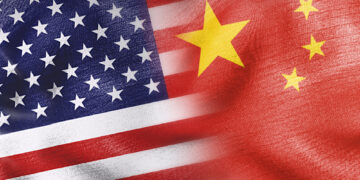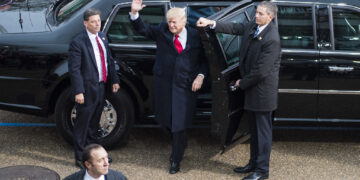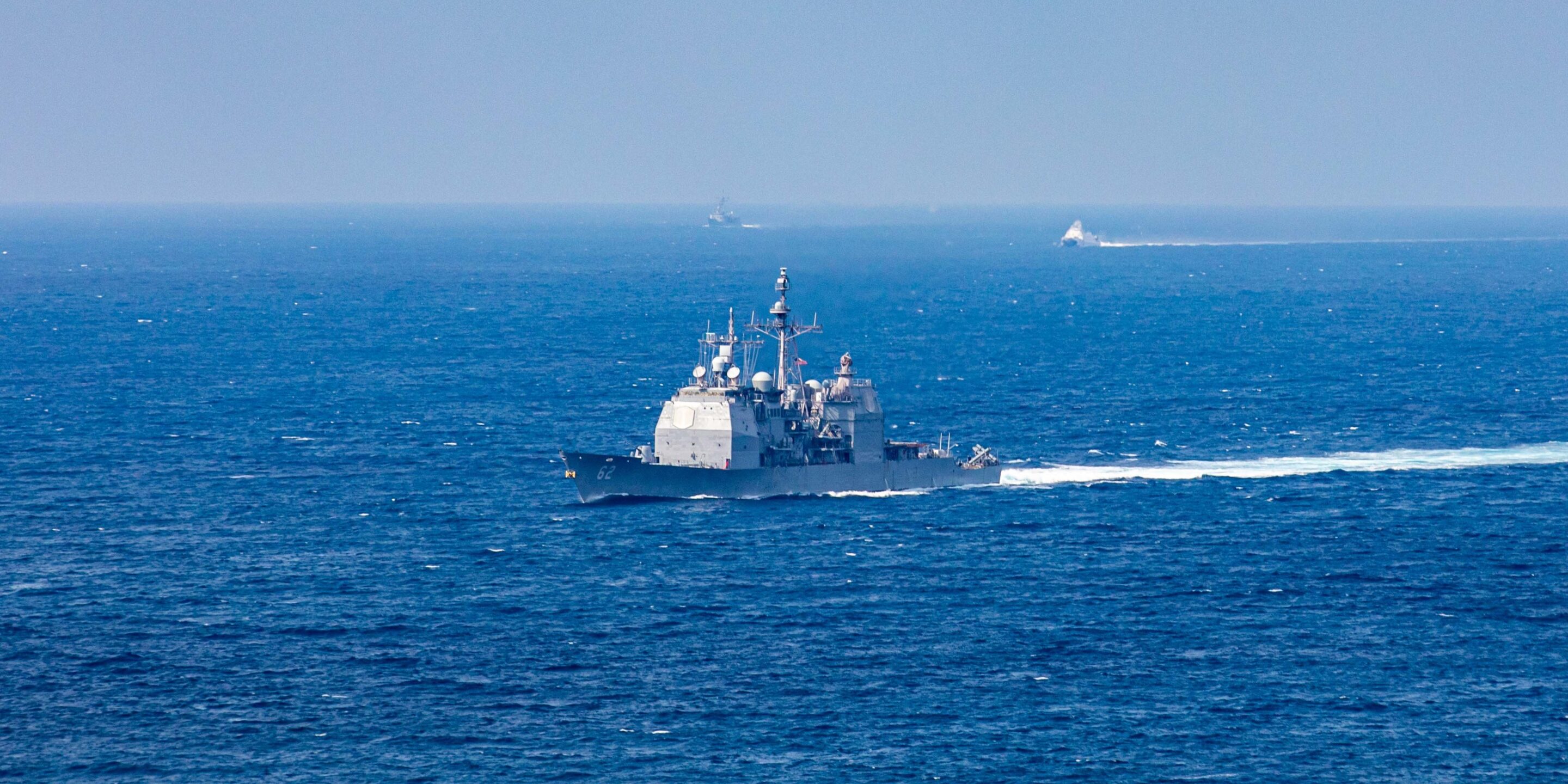In general, I don’t think U.S. presidential personalities or parties matter much to Chinese calculations. They have long assumed that U.S. military intervention is a possibility, and are building up both war-fighting and (nuclear) deterrence forces to cope with that perceived threat.
My sense is they are nearing a point, both on the conventional and nuclear side, that they think any U.S. president, whether Trump, Harris, or Biden, would think twice now.
It’s true that Trump has made a number of statements, including recently, suggesting that Taiwan could not be defended or even should not be defended.
So, there might indeed be some greater willingness by Beijing to coerce (or even invade) Taiwan during a Trump administration.
However, it’s still worth keeping in mind that during the last Trump administration, he was surrounded by many China hawks, who would likely press for U.S. intervention in a Taiwan scenario.
Moreover, there could be somewhat of a “mad man” effect given Trump’s record for bombastic speech and occasionally emotive reactions.
In the end, I imagine such factors may balance out, so that the primary determinant will be national will and the actual balance of military power, which tends to increasingly favor Beijing.
It’s important to understand that China does not want to fight a war over Taiwan, so if the Trump administration adheres closely to the One China Policy and resists forms of military provocation (e.g. sending troops to Taiwan or undertaking joint exercises with Taiwan), then it is likely that Beijing will continue to live with the status quo.
Featuring

Lyle
Goldstein
Director, Asia Program
More on Asia

By Peter Harris
December 20, 2024

December 17, 2024

Featuring Lyle Goldstein
December 15, 2024
Featuring Jennifer Kavanagh
December 11, 2024

December 5, 2024




